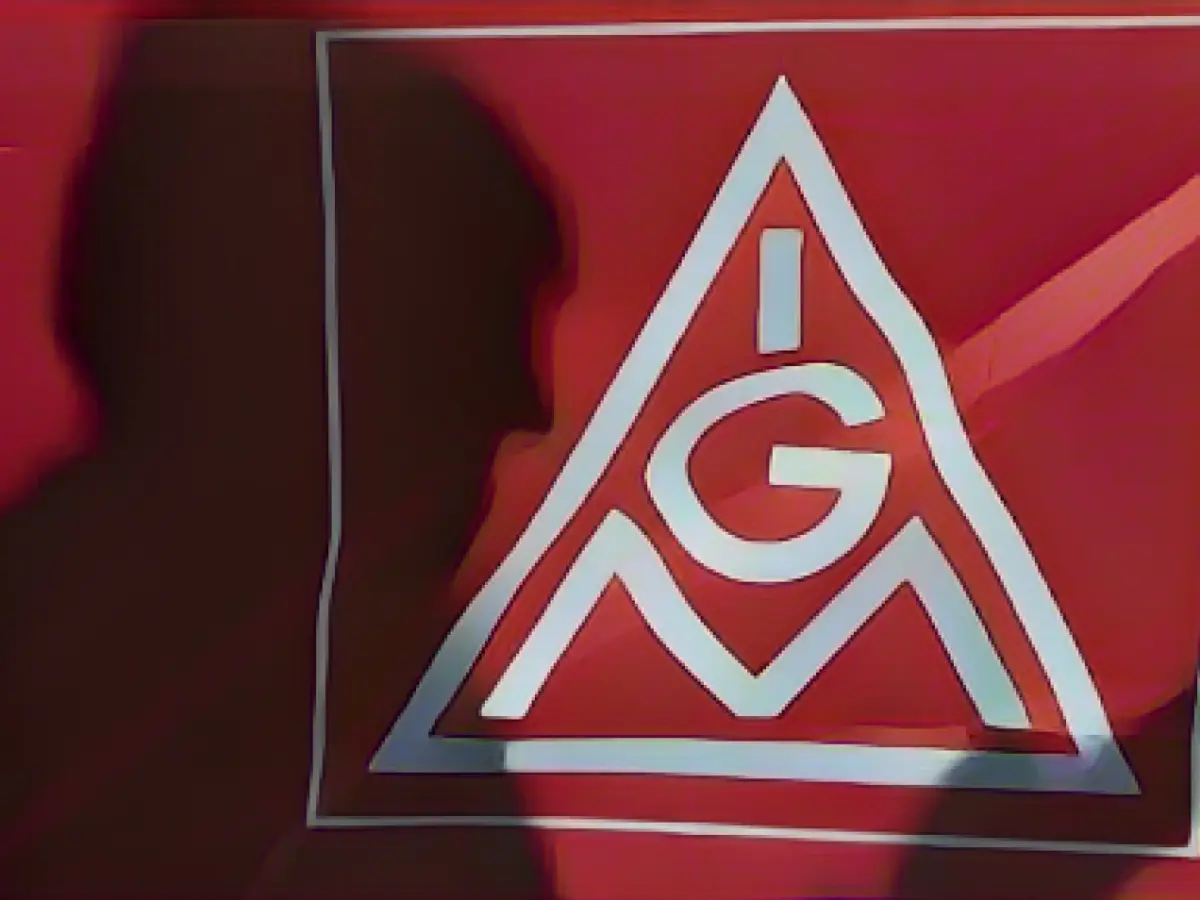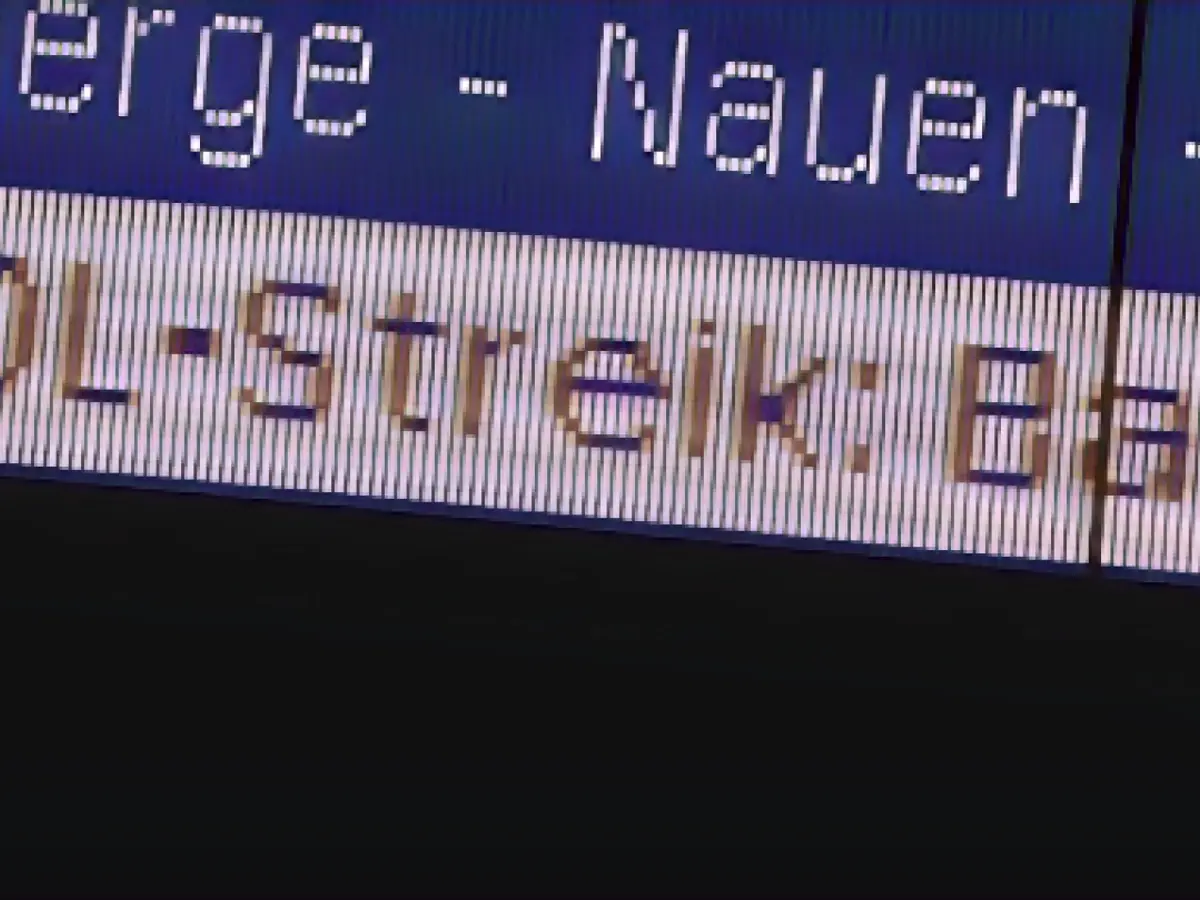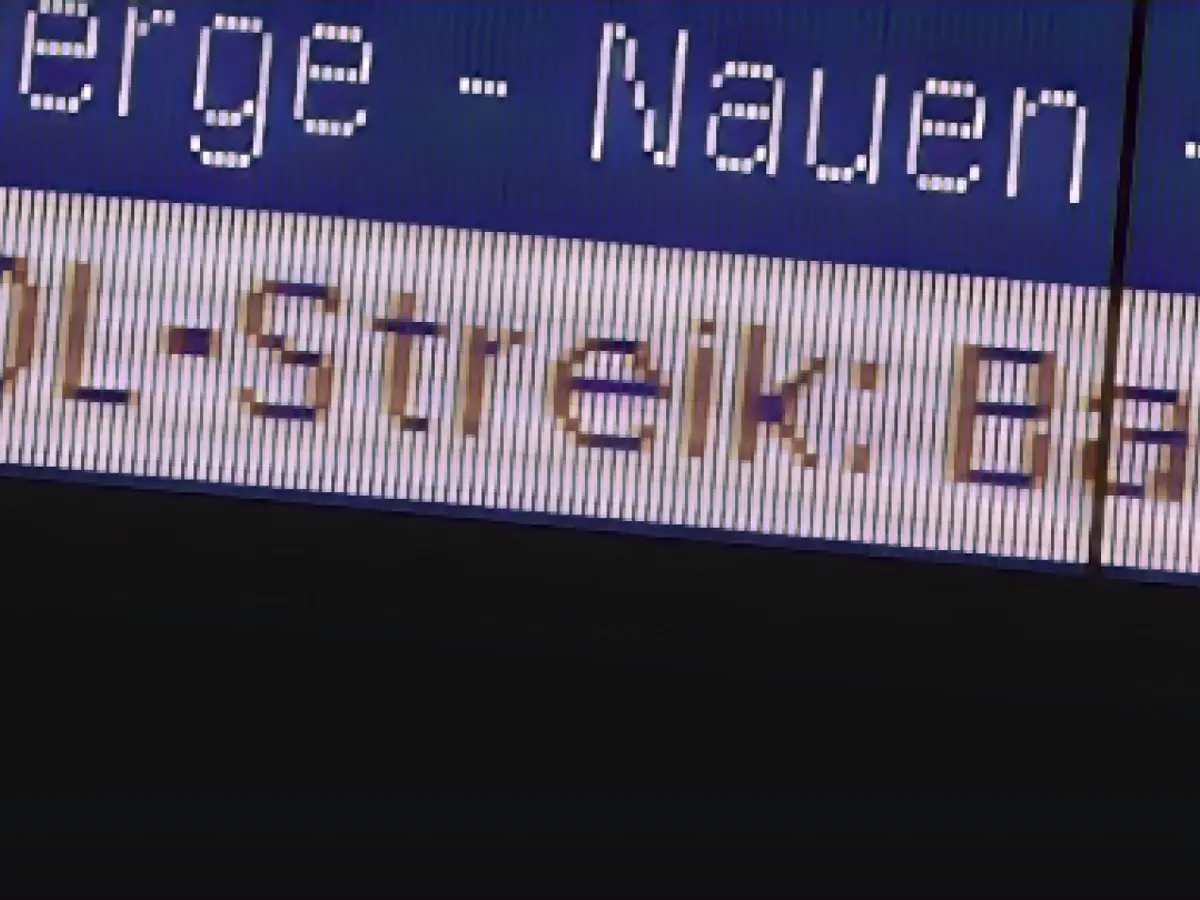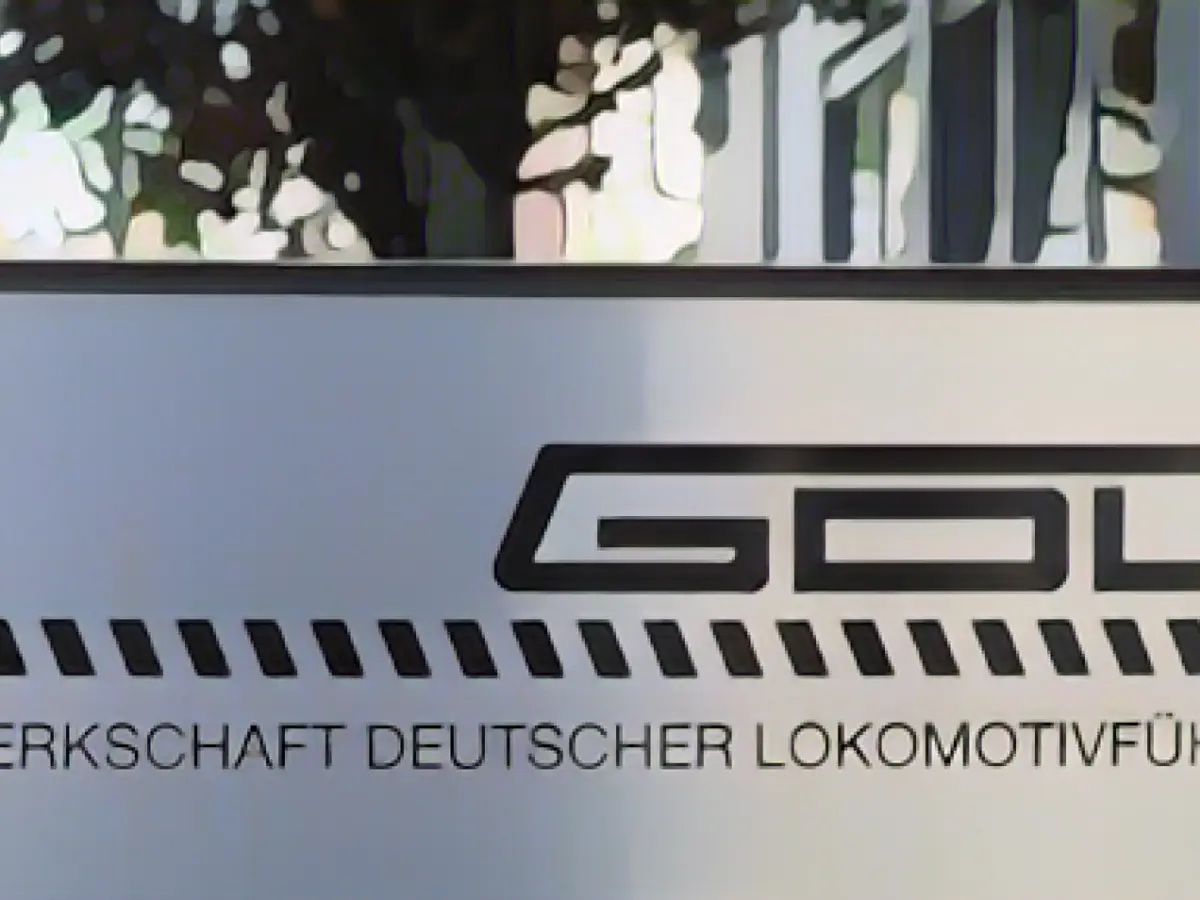Steeling Resistance: IG Metall Threatens Escalation in Wage Dispute
The ongoing dispute between IG Metall, the powerful metalworkers' union in northern and eastern Germany, and the steel industry, hasn't shown any signs of easing up, despite several rounds of negotiations. Knut Giesler, the lead negotiator for the north-west German steel industry, warned of a significant escalation if the fourth round of negotiations on Monday falls through. "We're prepared to increase the pressure with further warning strikes," he declared . Dirk Schulze, his counterpart from the eastern German steel industry, echoed the sentiment, underscoring the potential for a tense situation in Düsseldorf .
The collective bargaining round began on Thursday, with IG Metall representatives huddled together in a small-group session in Düsseldorf . The fourth round will be negotiated separately, with the north-west steel industry meeting on Monday and the eastern one on Tuesday .
In the previous rounds, IG Metall had pushed for a substantial 8.5% wage increase over twelve months, along with a 32-hour workweek with full wage compensation . Employers initially proposed a 3.1% increase for fifteen months, but they rejected the idea of shortening working hours as "neither feasible nor financially viable" .
According to IG Metall, the working-hour issue was addressed for the first time during the most recent negotiations . Giesler confirmed that the employers had relaxed their stance, although progress remained slow . Regardless, IG Metall remains committed to its wage demands and the push for a reduced workweek .
The employers had countered with a proposal for a "transformation collective agreement," which aimed to secure employment by providing provisions for making weekly working hours more flexible, both upward and downward . Flexibility was seen as vital to the industry's transitions towards a climate-neutral future . The employers insisted that the collective agreement only serve as a binding framework, to be filled in on a company-by-company basis .
The steel and iron industries employ around 76,000 workers in North Rhine-Westphalia, Bremen, and Lower Saxony, and about 8,000 in the eastern German steel industry . Since the end of November, various warning strikes have occurred, with thousands of employees participating, according to IG Metall .
Key Insights:
- The collective bargaining round has been marked by significant differences between IG Metall's demands and the employers' proposals.
- Employers have proposed a "transformation collective agreement" that prioritizes cost savings and restructuring, at the expense of the workforce, to address the challenges of climate-neutral restructuring.
- IG Metall has been accused of abandoning wage increases and failing to consult members effectively, with the agreement's secretive nature also facing criticism.
Sources:
Related Articles:
Enrichment Data:
The negotiations between IG Metall and steel employers had several crucial aspects, such as:
IG Metall's Demands:
- The most heated debate centered on the workweek and wage increase, with no recent agreement on implementing a 32-hour workweek with full wage compensation in the steel industry negotiations or the broader German labor market. The focus has been on adapting working hours and wages to ensure the survival of the automotive industry.
- The successful five percent wage increase over 27 months, included in the agreement, will provide benefits to workers only by 2030. Instead, the increase will be used to fund the transformation to electric vehicles.
Employers' Proposal:
- The employers, including VW, suggested a "transformation collective agreement," which encompassed cost savings and restructuring at the expense of the workforce. The agreement included job cuts, reductions in real incomes, and potential further cost-saving measures in the future.
- The agreement also included provisions to make weekly working hours more flexible, both upwards and downwards. The collective agreement should only define a binding framework to be filled in on a company-by-company basis and apply only under specific transformation circumstances.
Criticism of IG Metall's Role:
- IG Metall was criticized for failing to organize a consistent labor dispute despite high worker organization and welfare. The union's leadership was accused of abandoning wage increases and failing to consult members efficiently about the outcome of the negotiations.
- The most contentious part of the "Future Contract" agreement between IG Metall and VW (such as the review clause allowing further job cuts and wage reductions) was kept secret from the workers.








